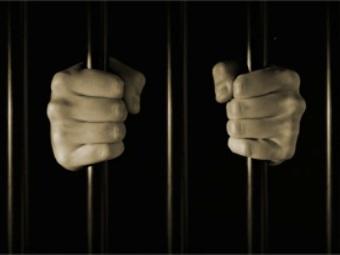
Section Branding
Header Content
What does Georgia consider ‘disorderly conduct’ and are you accidentally committing it?
Primary Content

We may hear the term “disorderly conduct” thrown around quite a bit in movies and television, but what does it actually mean, and how do you know if you’re guilty of it?
In Georgia, disorderly conduct is commonly considered a misdemeanor, but its exact definition is an umbrella term that covers a variety of behaviors.
What is the definition of disorderly conduct?
Disorderly conduct in Georgia is defined under the criminal code §§ 16-11-30 -16-11-45 and includes the following behaviors:
- Violent or tumultuous manners towards another person, causing that fear for safety or the safety of property.
- Use of “fighting words,” abusive language that is meant to incite a breach of the peace or provoke violence.
- Use of obscene, vulgar or profane language in the presence of or by telephone to a person under the age of 14.
Examples of disorderly conduct
According to one of Georgia’s top-rated legal firms, disorderly conduct can manifest in various ways. For example:
- Physical altercations that do not rise to the level of assault or battery.
- Using threatening language or profanity, especially in the presence of minors.
- Engaging in behavior that disrupts public peace, such as loud arguments or public intoxication.
Penalties
A conviction for disorderly conduct in Georgia is a misdemeanor, and violators could face:
- Up to 12 months in jail
- Fines of up to $1,000
- Community service
- Court-ordered counseling
- Probation
Local ordinances
It is worth noting that Georgia law allows counties and municipalities to adopt their own ordinances regarding disorderly conduct, so the penalties and fines could vary depending on where you live. For instance, you can check out Municode for Muscogee County-specific laws.
What should you do if you’ve been charged with disorderly conduct?
If you are charged with disorderly conduct, it is crucial to seek the advice of a criminal defense attorney.
Depending on the situation, there could be special exceptions in some circumstances:
- Sufficient provocation
- Reasonableness of fear
- Constitutional protections
The best way to avoid disorderly conduct charges is to remain chill and don’t get rowdy in public. However, if the worst happens, you can find a local attorney and their professional standing at the State Bar of Georgia directory.
This story comes to GPB through a reporting partnership with The Telegraph.

